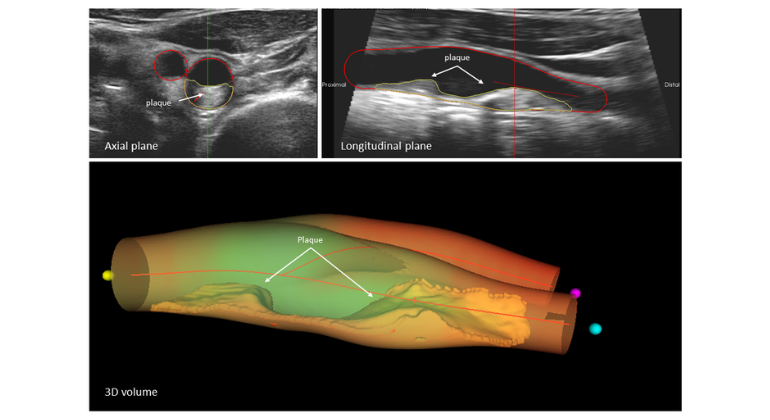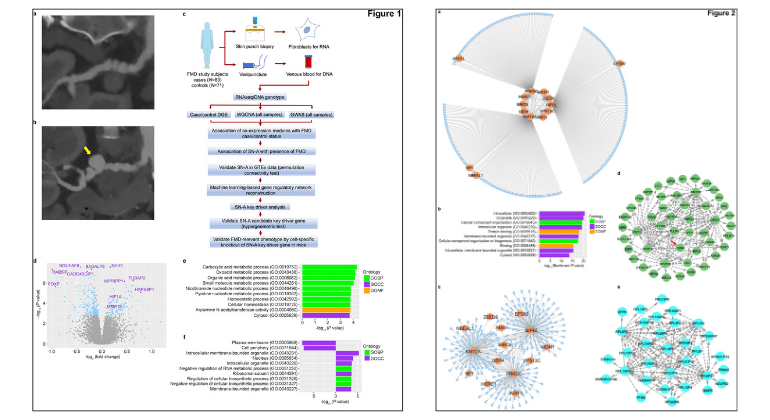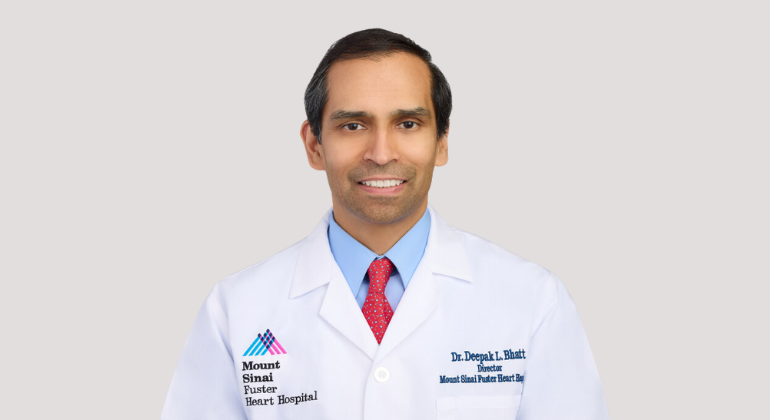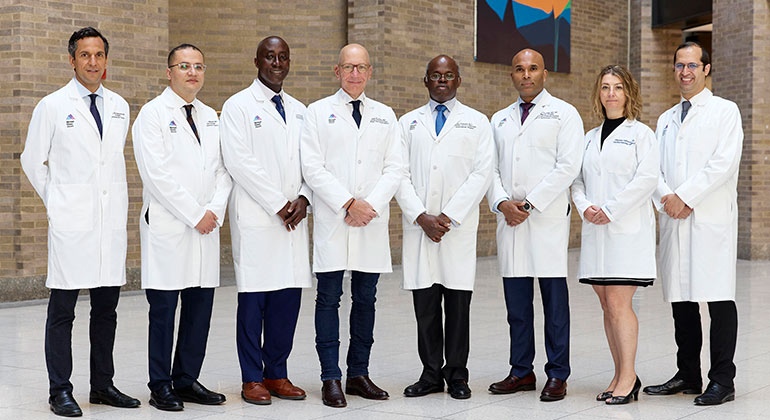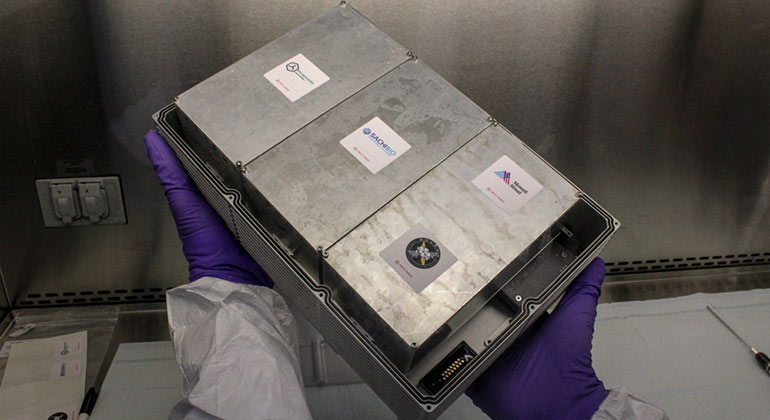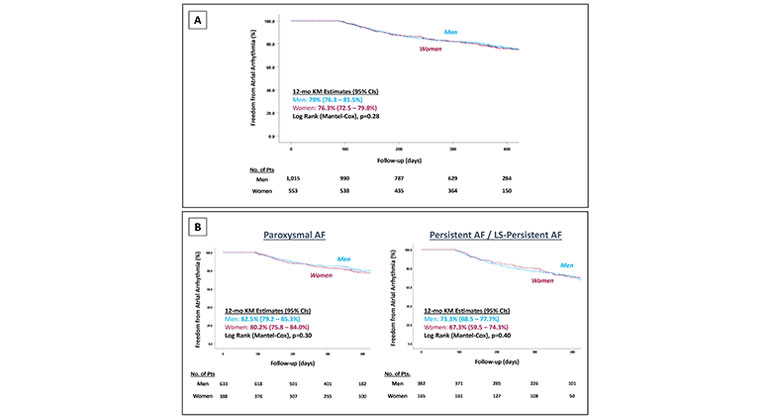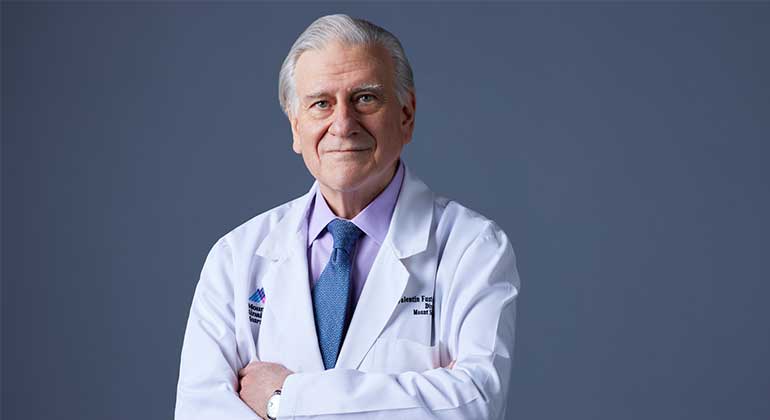Adherence to High-Intensity Statin Drops-off For Many Following Heart Attack
A substantial proportion of patients prescribed high-intensity statins following hospitalization for a heart attack did not continue taking this medication with high adherence at two years after discharge, according to a study published by JAMA Cardiology.
High-intensity statins are recommended following myocardial infarction (MI; heart attack). Robert S. Rosenson, M.D., of the Icahn School of Medicine at Mount Sinai, New York, and colleagues conducted a study that included Medicare beneficiaries ages 66 to 75 years (n = 29,932) and older than 75 years (n = 27,956) hospitalized for MI between 2007 and 2012 who filled a high-intensity statin prescription (atorvastatin, 40-80 mg, and rosuvastatin, 20-40 mg) within 30 days of discharge. Beneficiaries had Medicare fee-for-service coverage including pharmacy benefits.
At six months and two years after discharge among those 66 to 75 years of age, 59 percent and 42 percent were taking high-intensity statins with high adherence (a proportion of days covered of at least 80 percent), 8.7 percent and 13 percent down-titrated (switching to a low/moderate-intensity statin with a proportion of days covered of at least 80 percent), 17 percent and 19 percent had low adherence (a proportion of days covered less than 80 percent for any statin intensity without discontinuation), 12 percent and 19 percent discontinued their statin, respectively (not having a statin available to take in the last 60 days of each follow-up period).
The proportion taking high-intensity statins with high adherence increased between 2007 and 2012. African American and Hispanic patients and new high-intensity statin users were less likely to take high-intensity statins with high adherence, and those with dual Medicare/Medicaid coverage and more cardiologist visits after discharge and who participated in cardiac rehabilitation were more likely to take high-intensity statins with high adherence . Results were similar among beneficiaries older than 75 years of age.
“Lower medication costs, cardiologist visits, and cardiac rehabilitation may contribute to improving high¬ intensity statin use and adherence after myocardial infarction,” the authors write.
(JAMA Cardiology. Published online April 19, 2017; doi:10.1001/jamacardio.2017.0911. Available pre-embargo to the media at http://media.jamanetwork.com.)
Editor’s Note: The design and conduct of the study, analysis, and interpretation of the data, and preparation of the manuscript, was supported through a research grant from Amgen Inc. Please see the article for additional information, including other authors, author contributions and affiliations, financial disclosures, etc.
About the Mount Sinai Health System
Mount Sinai Health System is one of the largest academic medical systems in the New York metro area, with 48,000 employees working across eight hospitals, more than 400 outpatient practices, more than 600 research and clinical labs, a school of nursing, and a leading school of medicine and graduate education. Mount Sinai advances health for all people, everywhere, by taking on the most complex health care challenges of our time—discovering and applying new scientific learning and knowledge; developing safer, more effective treatments; educating the next generation of medical leaders and innovators; and supporting local communities by delivering high-quality care to all who need it.
Through the integration of its hospitals, labs, and schools, Mount Sinai offers comprehensive health care solutions from birth through geriatrics, leveraging innovative approaches such as artificial intelligence and informatics while keeping patients’ medical and emotional needs at the center of all treatment. The Health System includes approximately 9,000 primary and specialty care physicians and 11 free-standing joint-venture centers throughout the five boroughs of New York City, Westchester, Long Island, and Florida. Hospitals within the System are consistently ranked by Newsweek’s® “The World’s Best Smart Hospitals, Best in State Hospitals, World Best Hospitals and Best Specialty Hospitals” and by U.S. News & World Report's® “Best Hospitals” and “Best Children’s Hospitals.” The Mount Sinai Hospital is on the U.S. News & World Report® “Best Hospitals” Honor Roll for 2024-2025.
For more information, visit https://www.mountsinai.org or find Mount Sinai on Facebook, Twitter and YouTube.
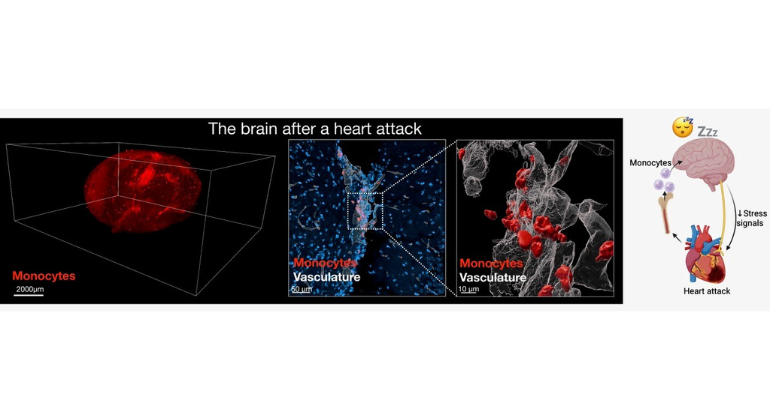
After a Heart Attack, the Heart Signals to the Brain to Increase Sleep to Promote Healing
Oct 30, 2024 View All Press Releases